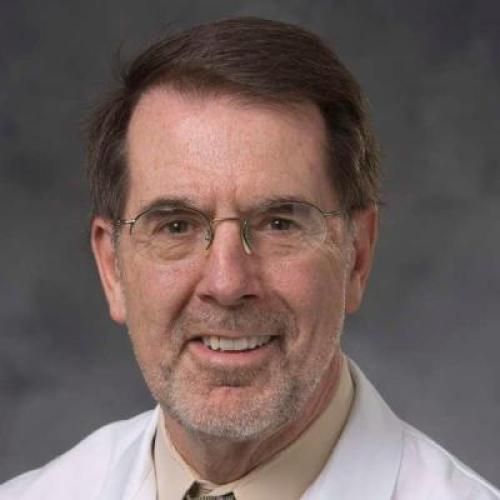
A randomized phase II study of ifosfamide/mesna/cisplatin plus G-CSF or etoposide/cisplatin plus G-CSF in advanced non-small cell lung cancer: a Cancer and Leukemia Group B study.
This Phase II study was designed to determine the efficacy of two chemotherapy regimens with G-CSF support for patients with advanced non-small cell lung cancer (NSCLC). One-hundred and one patients with Stage IIIB or IV NSCLC and performance status 0-1 were randomized to receive ifosfamide 2.0 g/m2 days 1-3, mesna 400 mg/m2 at 0, 4, 6 h days 1-3, cisplatin 33 mg/m2 days 1-3 or etoposide 200 mg/m2 days 1-3, cisplatin 35 mg/m2 days 1-3. Both groups received G-CSF 5 micrograms/kg SQ day 4 to the post day 11 absolute neutrophil count > 10 000. For the 47 eligible patients receiving ifosfamide/mesna/cisplatin, the response rate was 26% (95% confidence interval: 14-40%) and the median survival 7.5 months (95% confidence interval: 5.8-11.0 months). Grade 3 or worse toxicities were: neutropenia 75%, thrombocytopenia 70%, infection 21%. There were two treatment-related deaths due to infection. For course 1, the median absolute neutrophil count nadir was 1.3, platelet nadir 96 000 and incidence of febrile neutropenia 16%. For the 48 eligible patients receiving etoposide/cisplatin, the response rate was 21% (95% confidence interval: 11-35%) and median survival 5.8 months (95% confidence interval: 4.5-9.7 months). Grade 3 or worse toxicities were: neutropenia 90%, thrombocytopenia 58%, infection 29%. There were three treatment-related deaths due to infection. For course 1, the median absolute neutrophil count was 0.2, platelet nadir 80 000 and incidence of febrile neutropenia 33%. For both ifosfamide/mesna/cisplatin and etoposide/cisplatin, median duration of Grade IV neutropenia was short (< or = 4 days), time to subsequent courses 21 days and dose delivered > 95% of planned dose. Although G-CSF allowed full doses of drugs to be delivered on schedule, both ifosfamide/mesna/cisplatin and etoposide/cisplatin produced response rates and survival similar to other cisplatin-based regimens. In view of the significant cost of G-CSF and no obvious improvement in response rate, survival or toxicity profile, G-CSF cannot be recommended with these chemotherapy regimens for patients with advanced NSCLC.
Duke Scholars
Published In
DOI
ISSN
Publication Date
Volume
Issue
Start / End Page
Location
Related Subject Headings
- Oncology & Carcinogenesis
- Middle Aged
- Mesna
- Male
- Lung Neoplasms
- Ifosfamide
- Humans
- Granulocyte Colony-Stimulating Factor
- Female
- Etoposide
Citation

Published In
DOI
ISSN
Publication Date
Volume
Issue
Start / End Page
Location
Related Subject Headings
- Oncology & Carcinogenesis
- Middle Aged
- Mesna
- Male
- Lung Neoplasms
- Ifosfamide
- Humans
- Granulocyte Colony-Stimulating Factor
- Female
- Etoposide


